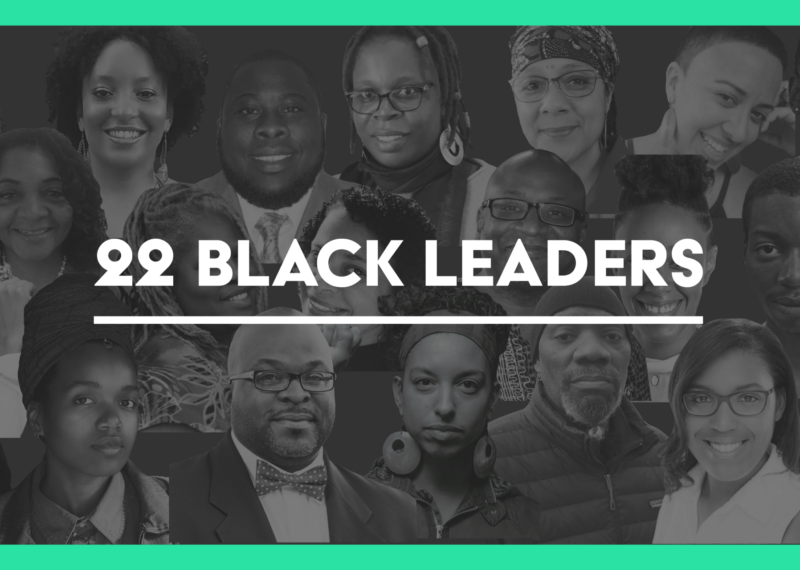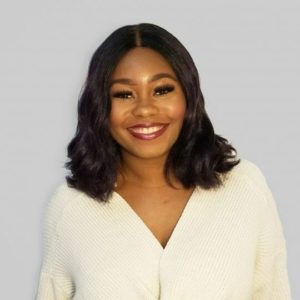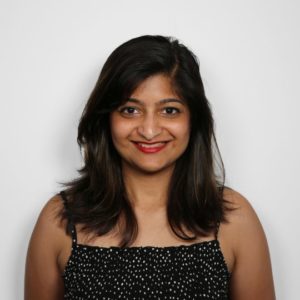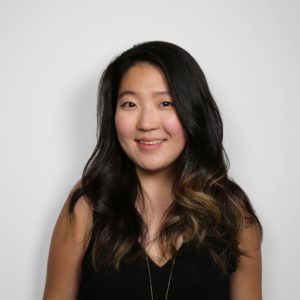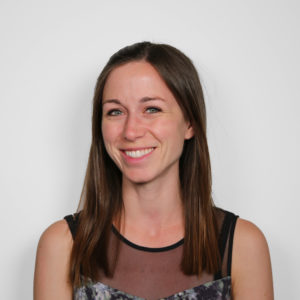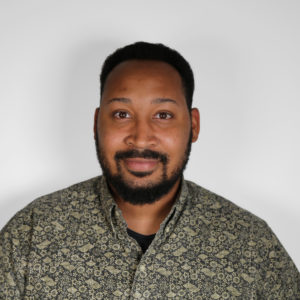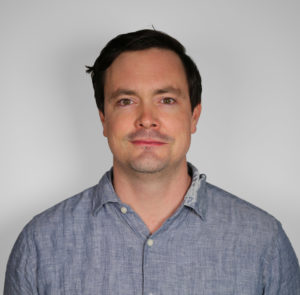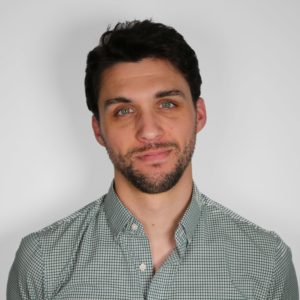The politics of climate change are shifting. This year, as the most diverse Congress in history was sworn in, its newest members called for an ambitious plan to overhaul the U.S. economy to draw down carbon pollution while tackling social injustice. While the big, mostly white environmental groups hemmed and hawed about whether to support the proposal, a young, racially diverse coalition of advocates took to the Capitol steps to make the case. Organizers and activists long relegated to the sidelines are gaining momentum — and political power — as they push for bold solutions to the greatest challenge of our time. A new generation of Black luminaries stands at the vanguard of this movement. To learn about their efforts to fight exploitation and oppression, we spoke with 22 experts and advocates working for a healthy, just and equitable world.
“I was introduced to community organizing after seeing a documentary on the Central Park Five and learning about the ways the NYPD — and the U.S. criminal ‘justice’ system at-large — mistreats people of color…. The killings of Trayvon Martin and Mike Brown, soon after, solidified in me the need to better grasp white supremacy, racism and international struggles for self-determination and against oppression.” — Frances Perez-Rodriguez, farmer and activist
“My grandparents migrated to the North from the South in 1945. They were very active in their community, always engaged in what was going on. They showed me as a child that that was part of our social responsibility. My mother was really engaged in the Civil Rights Movement of the 1960s. I think the incremental change laid out in decades past is what we need to carry forward, and I think it’s my responsibility as a conscious individual to somehow be a part of creating change.” —Mychal Johnson, Bronx-based organizer
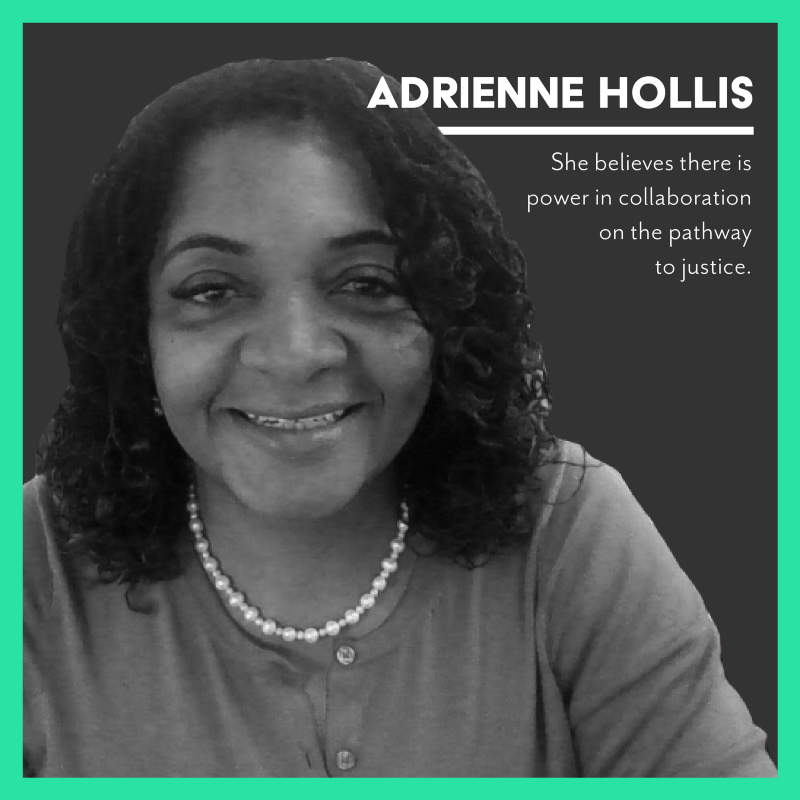
“I try to make sure that people who have traditionally not been allowed — or included in places where decisions are made — to be in those spaces so they can speak for themselves and influence environmental, public health and policy issues.” — Adrienne Hollis, biomedical scientist and environmental lawyer
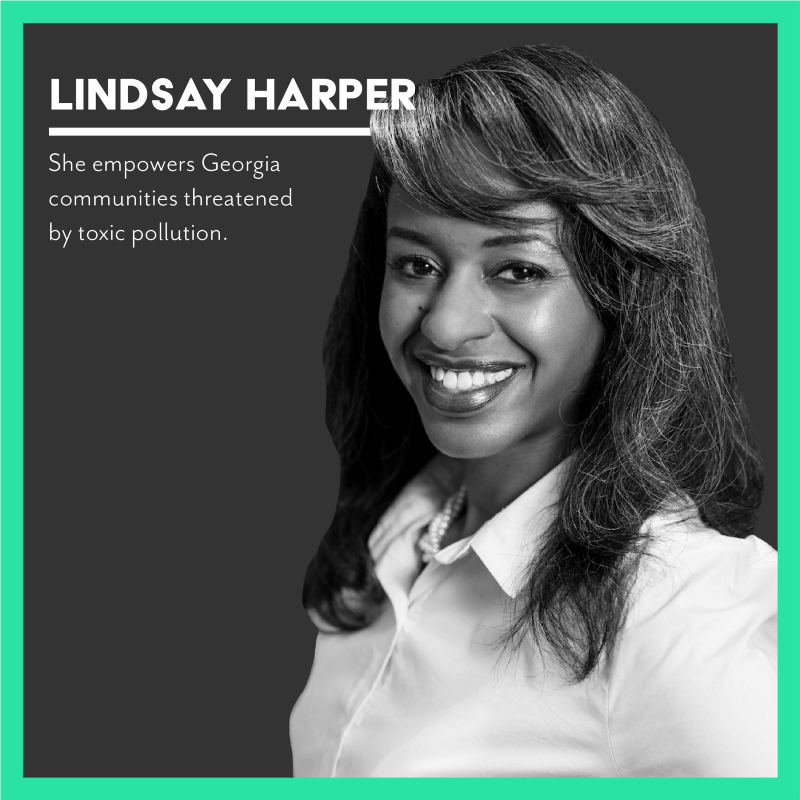
“It’s a special time where we’re building healthy movement. We don’t have to sacrifice ourselves in the process. Nobody has to be sacrificed for the world to be better. This mindset that there’s not enough for everyone to have something — fuck that. It’s white supremacy.” — Lindsay Harper, Atlanta-based organizer
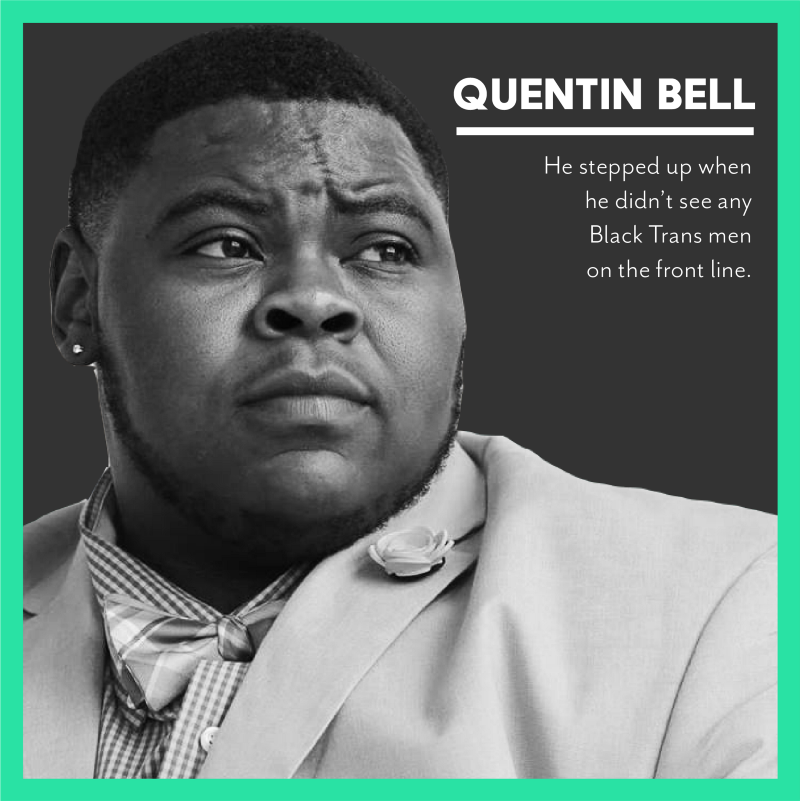
“Many of us forget that this work is long term. It isn’t an overnight fix, and we have to prepare the next line of fighters for the work. I had to become my own advocate because there wasn’t anyone who looked like me that I could relate to through my transition. Once I created what I needed, I reached back to help others like me. In that reach back, I realized that I had to move out of the way.” — Quentin Bell, Selma-based organizer
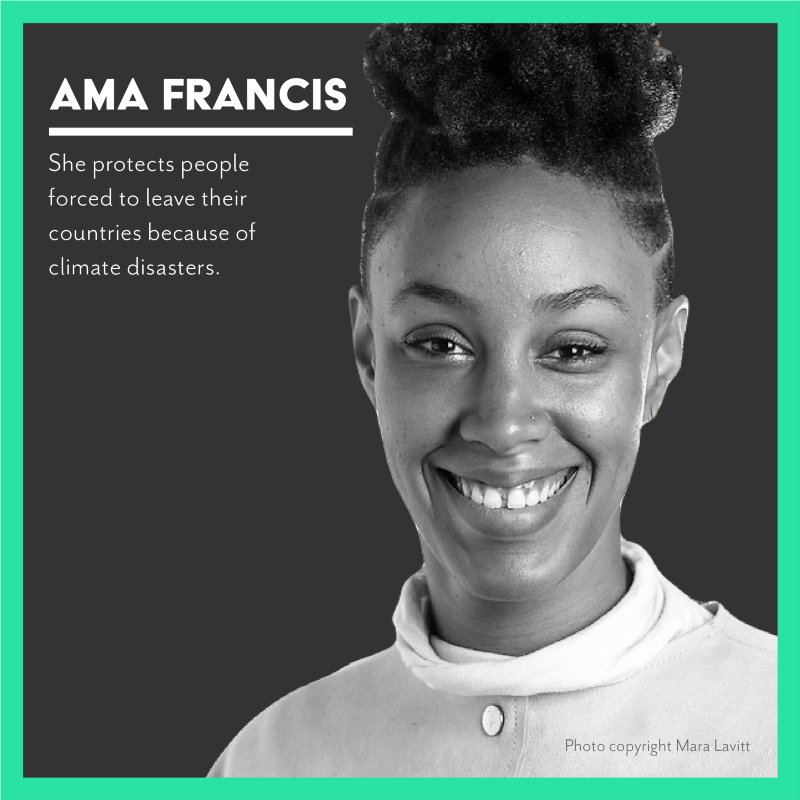
“I wanted to study something that would help protect Dominica, and given that climate change is one of our biggest threats, I chose environmental law so we could have access to legal tools in the fight against climate change. Now that I live in the U.S., I realize that climate change is an issue about inequality — not only between countries, but also between people from different racial and socioeconomic backgrounds.” — Ama Francis, environmental lawyer
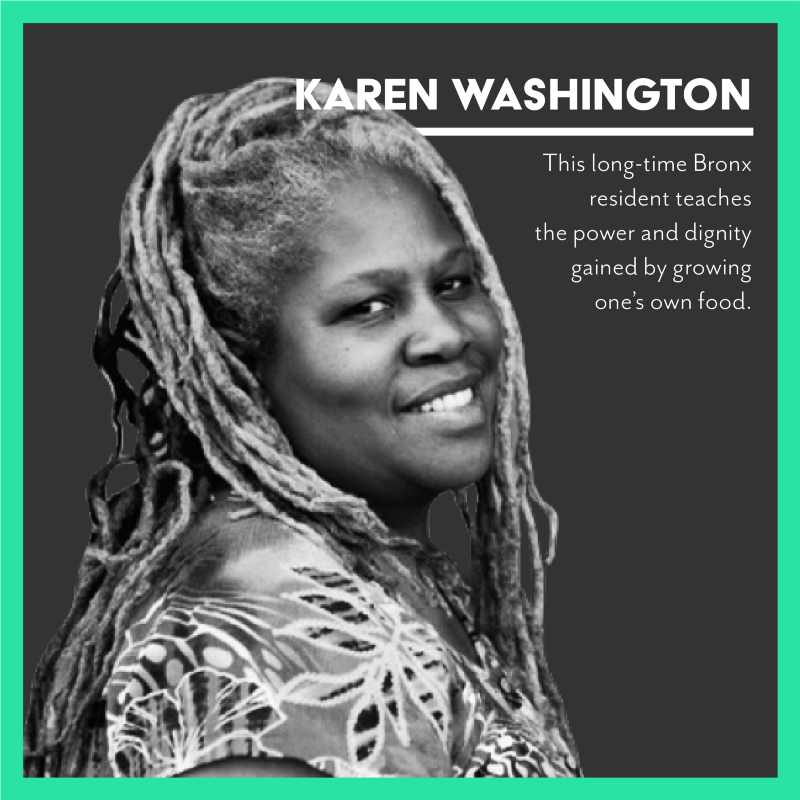
“Know your true history. We are an agrarian people. We were brought here enslaved not as unskilled labor, but as skilled and knowledgeable farmers… Long ago we were told to leave the land for a better life. Instead, we forgot it’s the land that gives us our power. Now we know, as Mother Nature calls us back to where we came from, to once again become stewards of the land.” — Karen Washington, farmer and activist
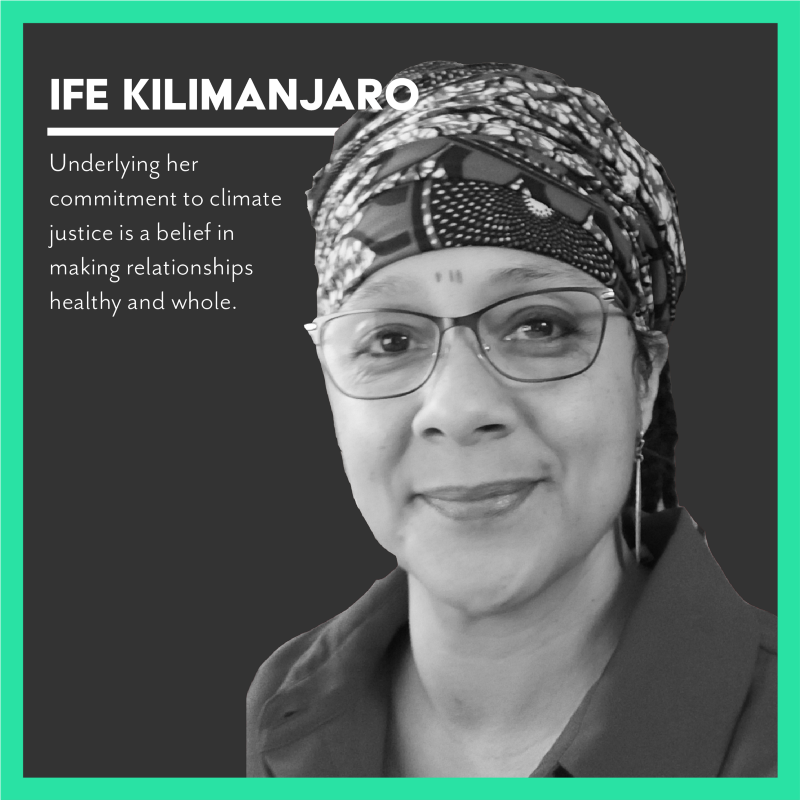
“Often missing in the literature and research are important pieces of history made and told by Indigenous people, people of color, poor folks, rural folks and others on the front lines of environmental injustices and climate change. Relatedly, expertise, wisdoms and presence of these frontline communities are missing at tables and in rooms where decisions are made that impact them.” —Ife Kilimanjaro, sociologist and organizer
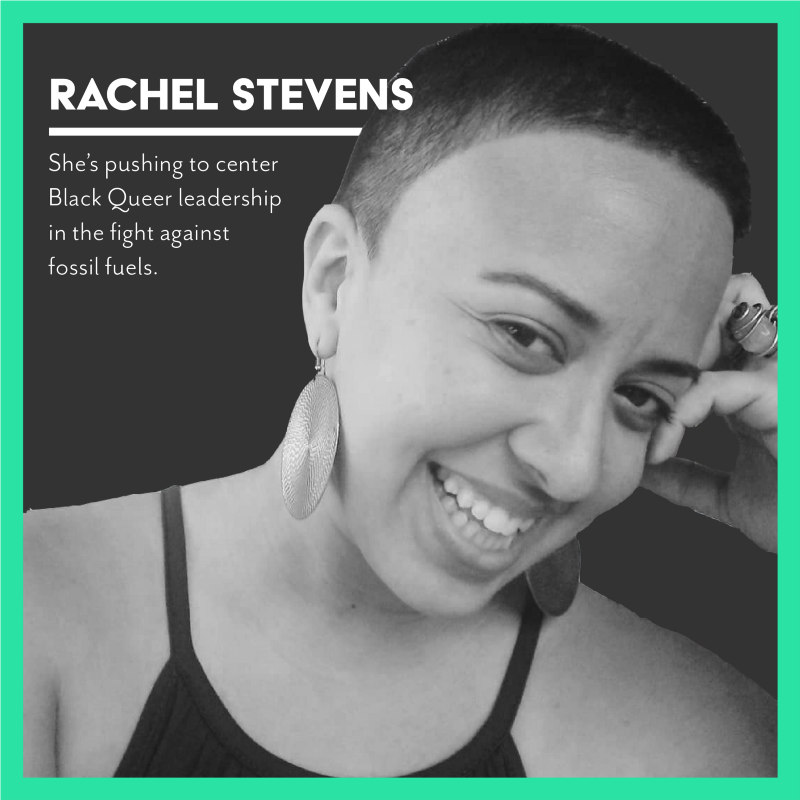
“Black folks, low-income folks, and other people of color and indigenous peoples contribute the least to environmental destruction, yet we experience the worst impacts of climate change and pollution.” — Rachel Stevens, Los Angeles-based organizer
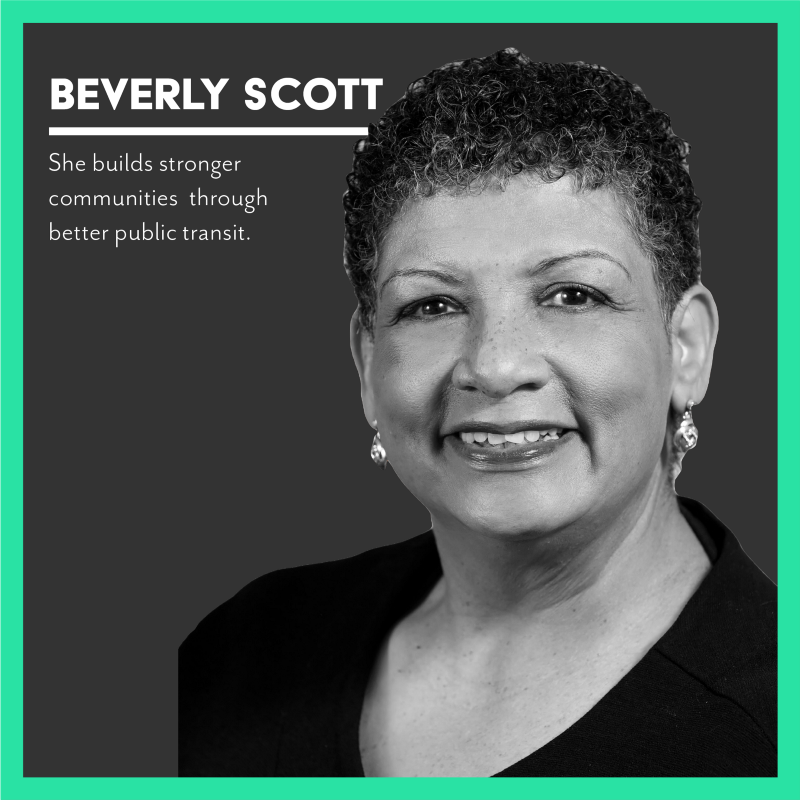
“For 40 years, I have worked in the public transportation sector. And while I respect and enjoy all of the big pieces that move, massive equipment and structures, at the end of the day what I have really been privileged to do is be in the business of community building, which I would not trade for anything.” — Beverly Scott, policy analyst and advocate
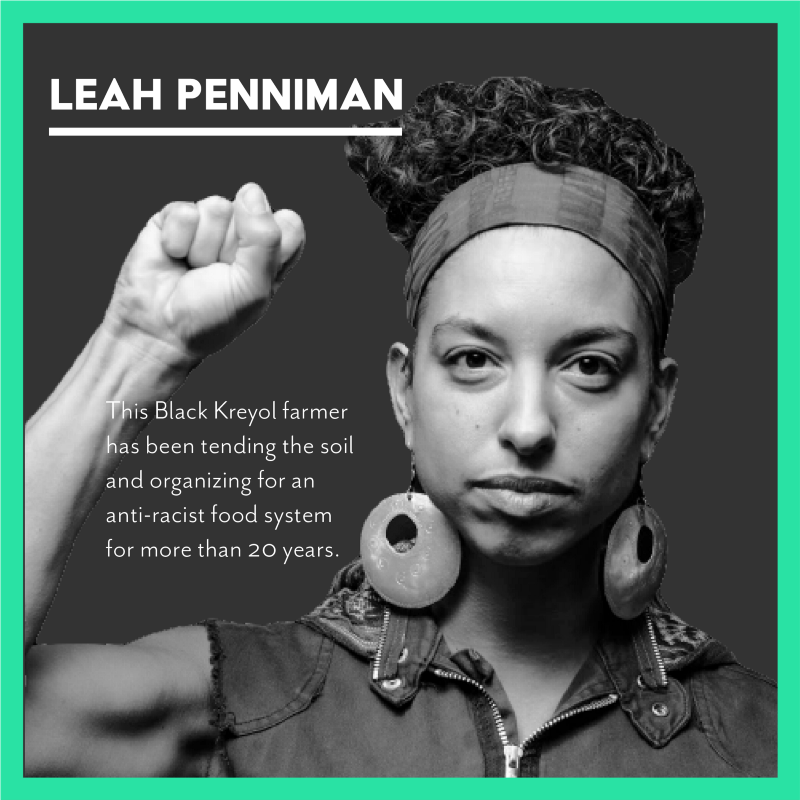
“We will not let the colonizers rob us of our right to belong to the Earth and to have agency in the food system. We are Black gold — our melanin-rich skin the mirror of the sacred soil in all her hues. We belong here, bare feet planted firmly on the land, hands calloused with the work of sustaining and nourishing our community.” — Leah Penniman, farmer and activist
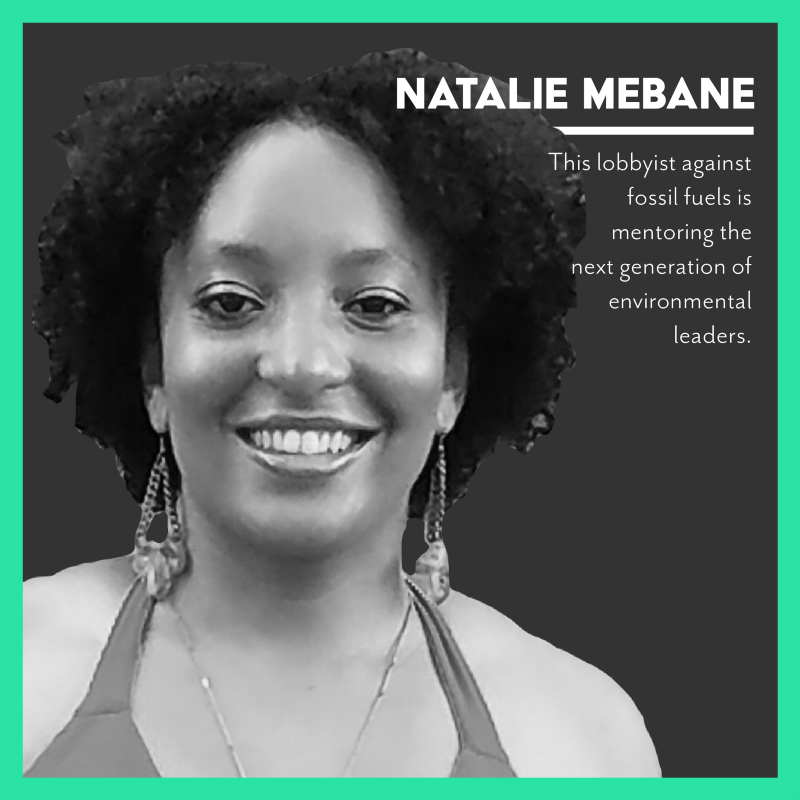
“Know your worth. You will be told almost daily that you are not good enough. Your intelligence, your experience, your insights and knowledge will continuously be questioned. You will make people uncomfortable simply by your presence in their space. Once you decide that this is your life’s work, do not stop and do not be discouraged.” — Natalie Mebane, environmental advocate
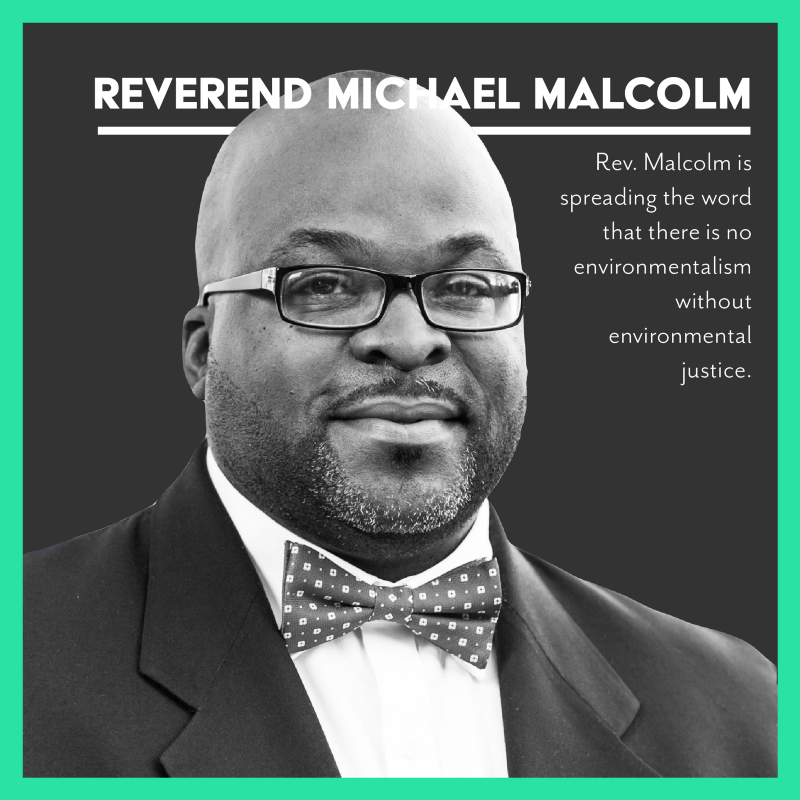
“Environmental justice means loving my neighbor. It means speaking truth to power and standing up for the right to breathe clean air, the right to drink clean water and the right to eat clean food. Environmental Justice means equity for all, most of all, environmental justice means putting justice first.” — Rev. Michael Malcolm, pastor and advocate
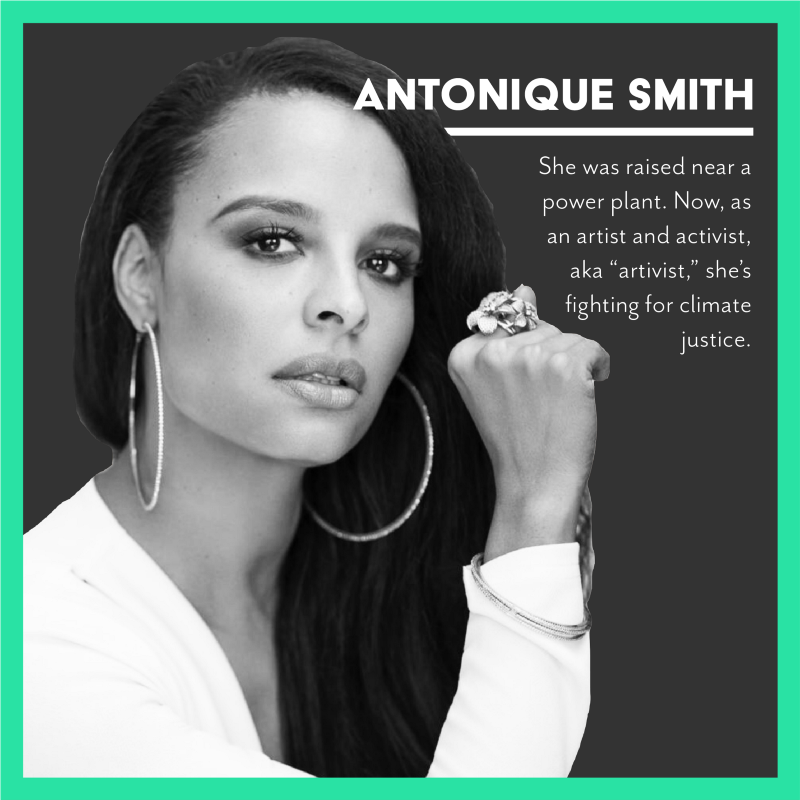
“I get to go all over the country in many different places where people are suffering and dying. I’m here now in Los Angeles, where I spend a lot of my time, and there are families that live a few feet away from oil drilling sites. They look outside their window and see people working in hazmat suits — but these families don’t have hazmat suits!” — Antonique Smith, singer, actor and activist
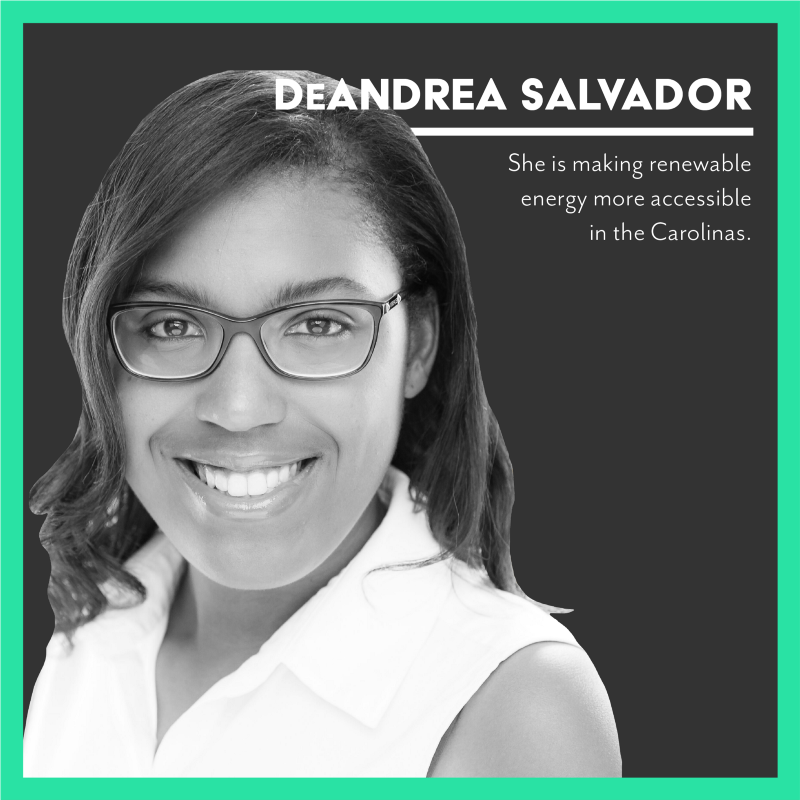
“If you look on the coast of North Carolina — those hurricane impacts from just this summer — that has a huge overlap with families with high energy burdens. The impact is twofold. We want to lower those costs to alleviate the burden but also we want to contribute to the larger societal benefit.” — DeAndrea Salvador, clean energy advocate
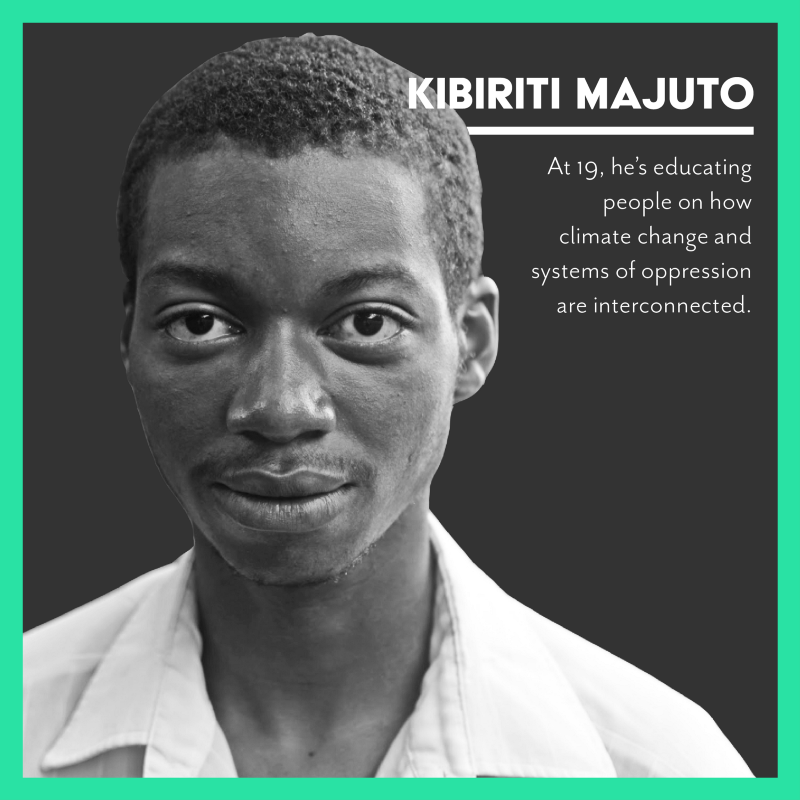
“Climate change is affecting people in the Global South worst and causing them to lose their lands and resources that they need to survive. I didn’t want more people leaving their native land and then having to come to a country that resists them, puts borders or punishes them for being refugees.” — Kibiriti Majuto, Charlottesville-based organizer
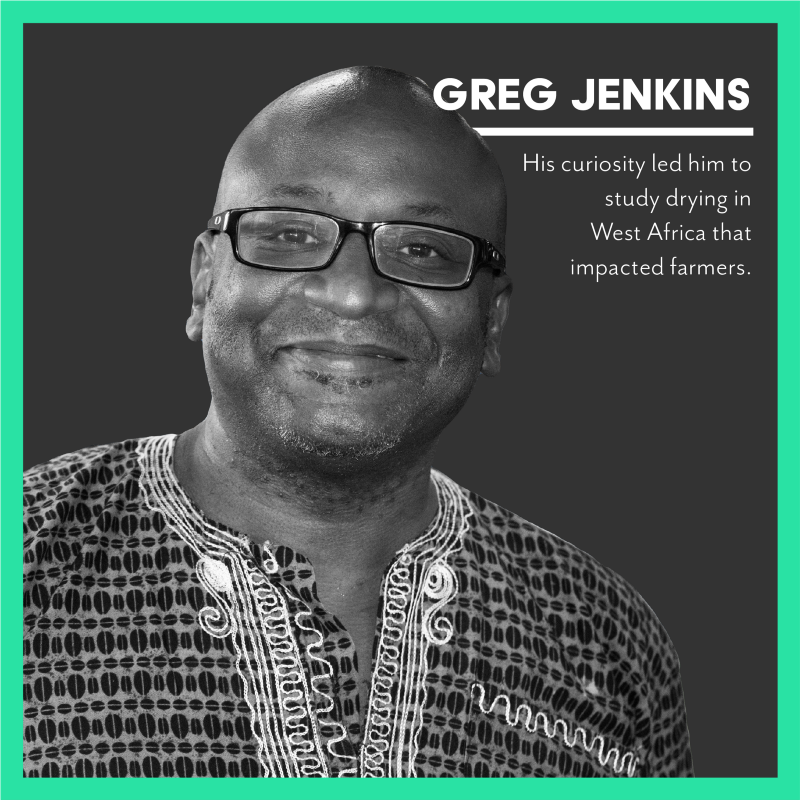
“Environmental historians probably have underestimated the extent to which low-income and communities of color have been impacted by industrialization. This includes land, water and soil issues during slavery, post-slavery, segregation, civil rights eras, and up to the present. During these earlier periods, low-income and Black, Native and Hispanic-American communities had minimal power to stand against the industrial expansion.” — Greg Jenkins, meteorologist
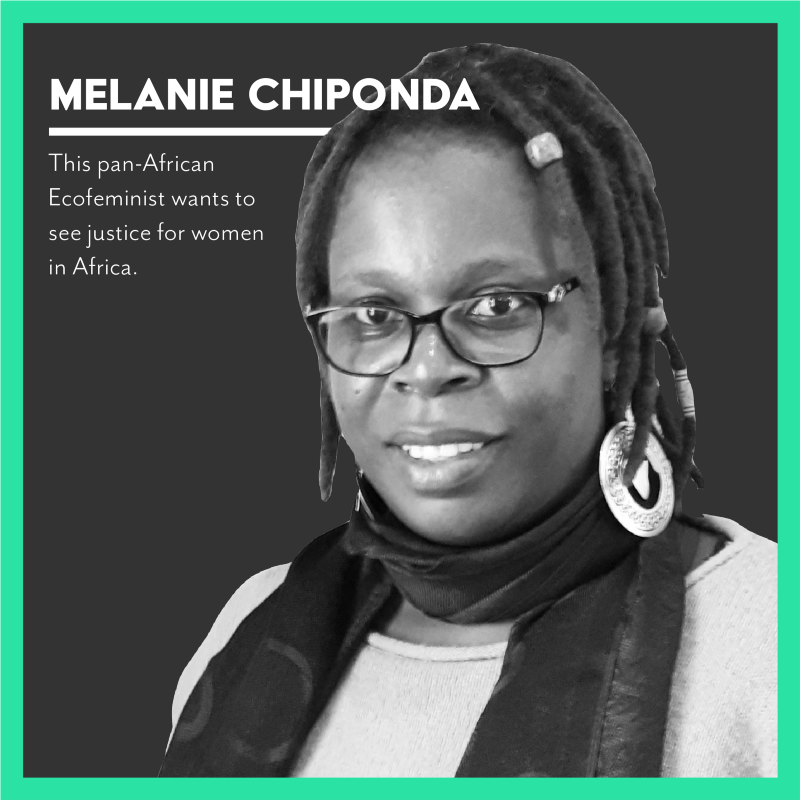
“Having been born during the colonial era where my family and a lot of my relatives were organizing against the colonial regime, where the liberation movement was extremely active and mobilizing, I later grew up to understand that people must organize and build movements against injustice.” — Melanie Chiponda, Johannesburg-based organizer
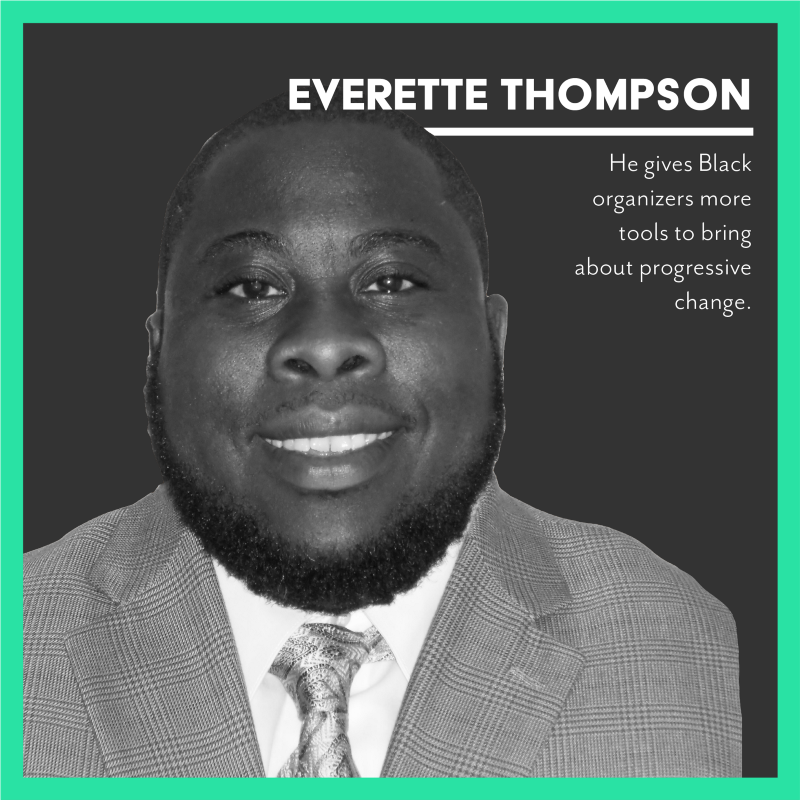
“We’ve been given an opportunity by God — or whoever — to protect this Earth the same way we should protect and care for each other and our neighbor. If we do that from a place of love, we’ll need to make sacrifices in how we consume, move, care and live in this world now and for those to come.” — Everette Thompson, environmental consultant
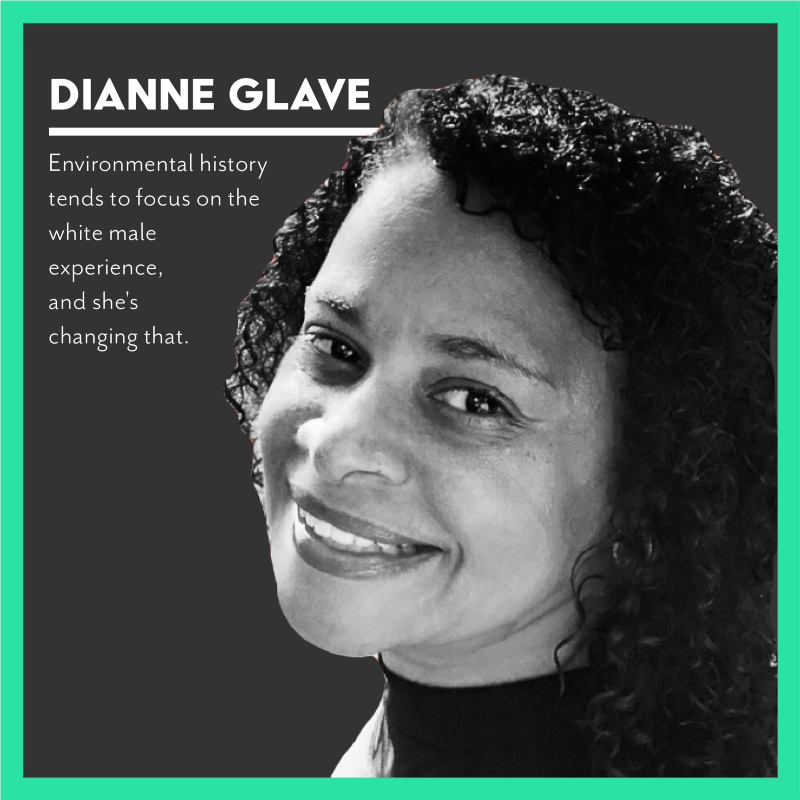
“Keep trying. Don’t give up. Every presentation at a conference, every article and book published means incremental change.” — Rev. Dianne Glave, environmental historian and theologian
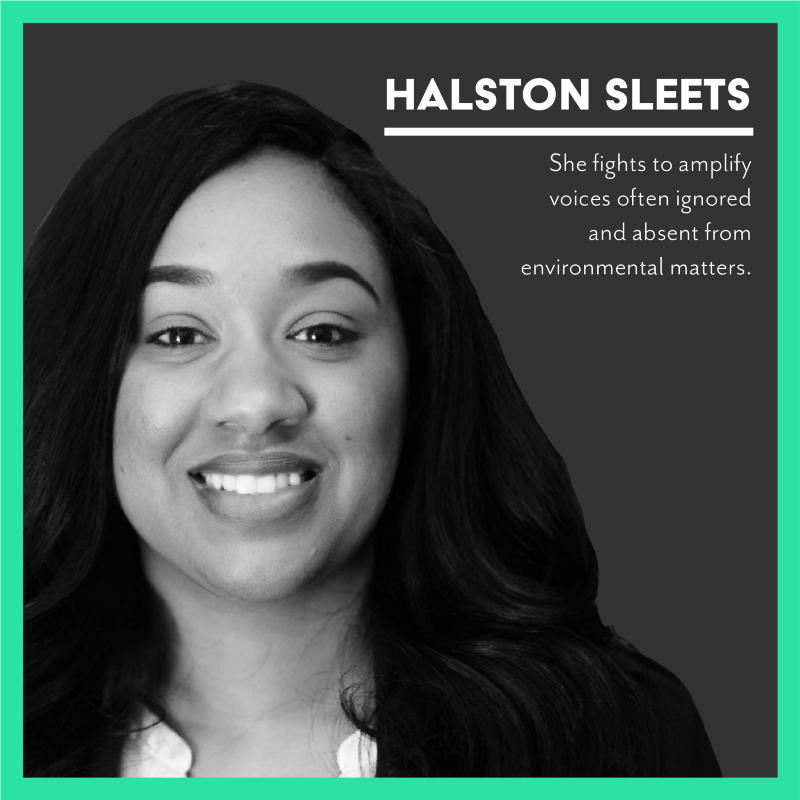
“There are many of us young Black environmentalists doing this work. Yet, it feels very lonely at times. We may not be in rooms together, but be assured that your fellow young Black environmentalists are carrying the same messages in spaces that have historically dismissed us. Our voices may shake and our hands may quiver when delivering these truths, but stand strong in your calling. Be brave. Be bold. And be Black.” — Halston Sleets, corporate sustainability officer and advocate
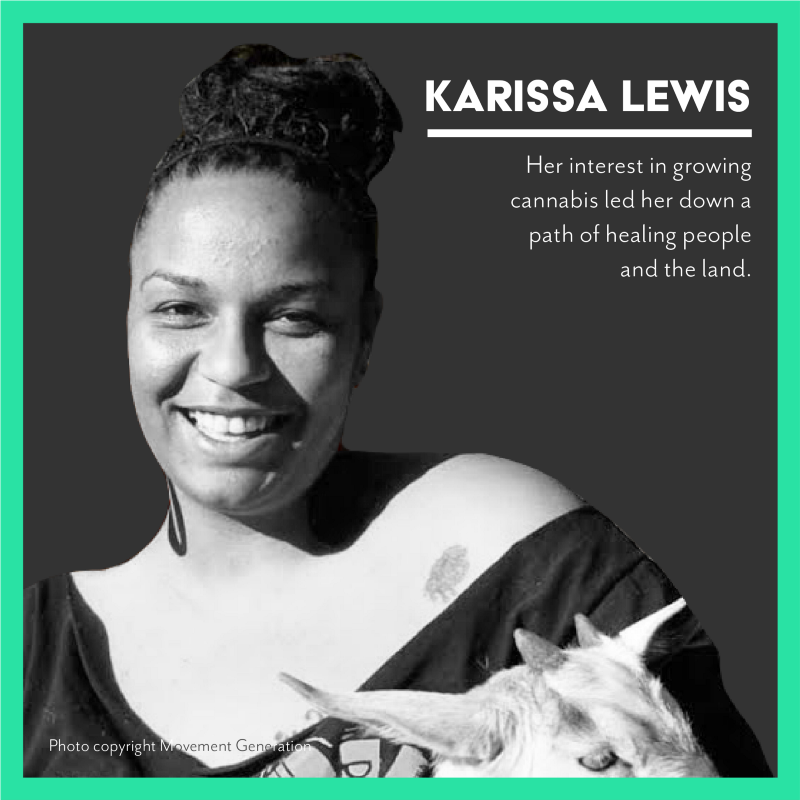
“When I first started to grow cannabis, our plants suffered from disease and pests. Understanding I had much more to learn, I began to study ways to mitigate those impacts naturally and came upon companion planting. When our farm was at its peak, we had dispersed orchards, vegetable plots, eight goats, 40 chickens, 40 ducks, 15 rabbits and a pig named Pumba, all in East Oakland. I call cannabis the gateway plant for a different reason — it kickstarted my love for the land, for food and for reciprocity with the earth.” — Karissa Lewis, farmer and activist
Nexus Media is a syndicated newswire covering climate, energy, policy, art and culture. Markeya Thomas, Shravya Jain-Conti, Mina Lee, Celia Gurney, Bartees Cox, Owen Agnew and Jeremy Deaton contributed to this report.

